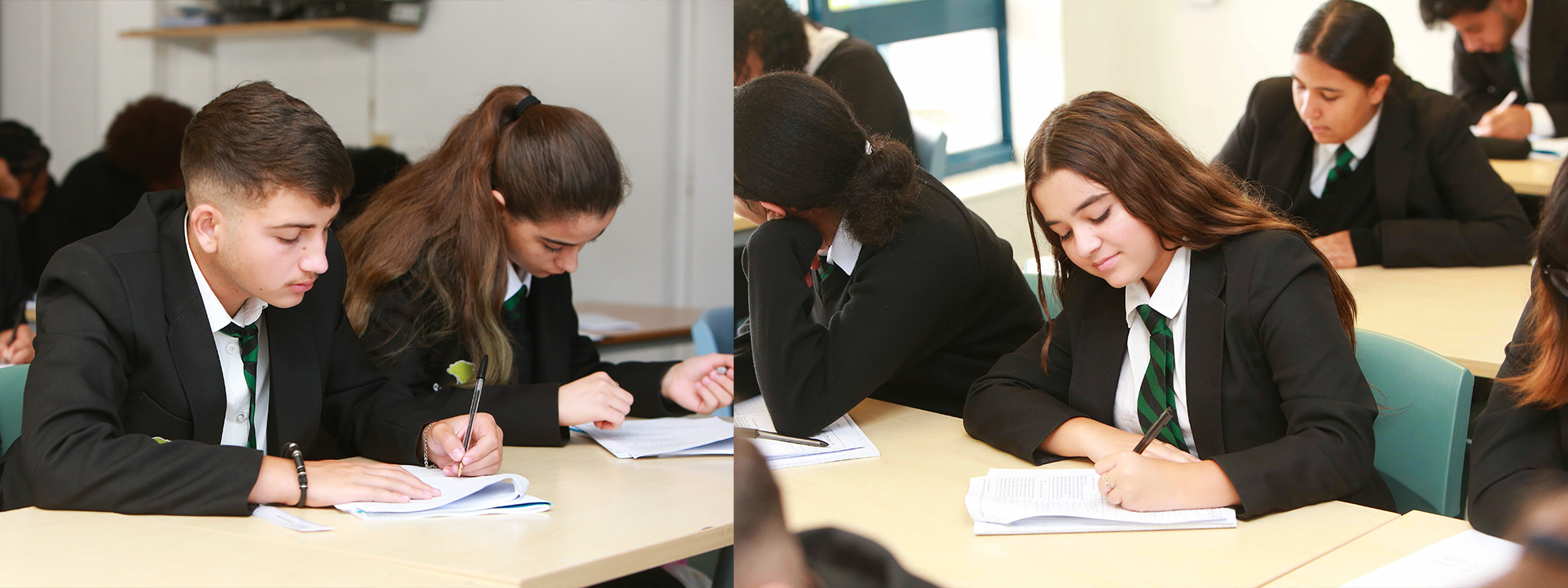Religious education provides pupils with the opportunity to explore the major responses, religious and otherwise to life’s biggest questions. In each year students will look at alternating religions and ethical issues and be able to relate these back to the religions that they have already learnt.
By studying RE students will look at challenging questions about the meaning and purpose of life, beliefs, issues of right and wrong and will challenge their own opinions on ethical issues. The religious education curriculum is ambitious as it incorporates both the Barnet curriculum and the major world religions for students to have an excellent foundation for further study. There are also GCSE style exam questions interwoven into the majority of lessons and there are opportunities for students to be assessed using this type of assessment.
Students are encouraged to attend the eco-committee which is a club created with the main aim of stewardship in mind and students are provided with the opportunity particularly during the teaching of religious units to visit places of worship. E.g. year 9 will be studying Islam in January and will be attending a Mosque.
Students are encouraged to take RE at GCSE level with expert teachers delivering the content.
Impact
- Having an effective religious education curriculum will allow the students of whitefield school to come into contact with the world of religion, but should not take them over the threshold into encouraging or discouraging the practice of faith. The purpose of the curriculum is to support whole-person development in its broadest sense with students being able to learn about religions (beliefs, teachings, practices and forms of expression) and from religion (identity, belonging, meaning, purpose, truth and values).
Implementation
- Regular assessment is provided at the end of most units (this is due to students receiving 1 hour of RE a week) with timely feedback for both teacher and student to see the gaps in learning. Teachers will then either provide whole class feedback or specific feedback for each students, using *TA, which allows students to see where they could improve their work. This allows an episode of reteaching carried about the class teacher to cover any misconceptions and errors and therefore close the assessment loop.




